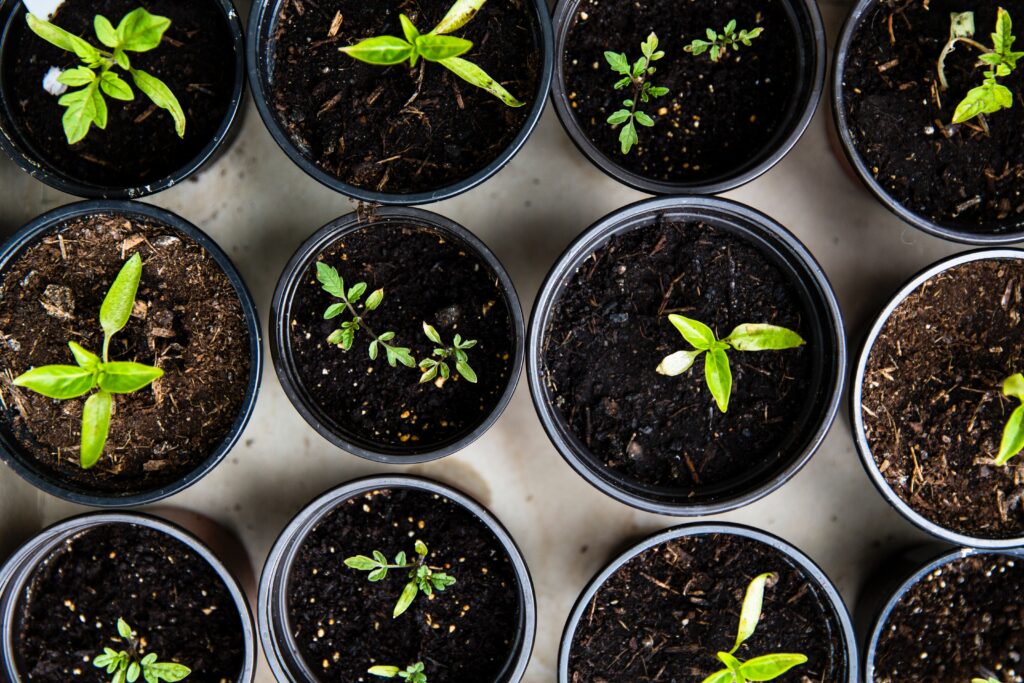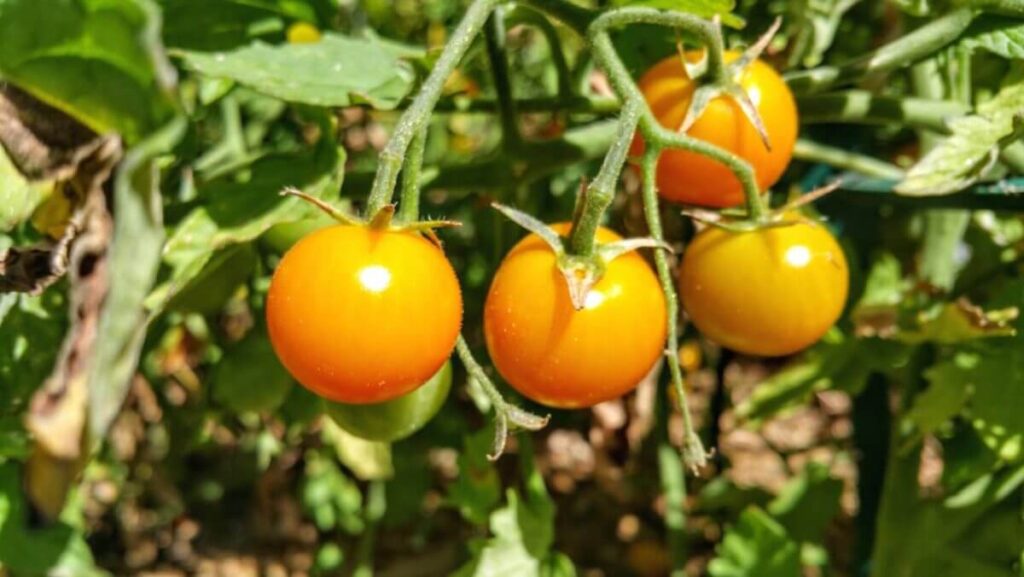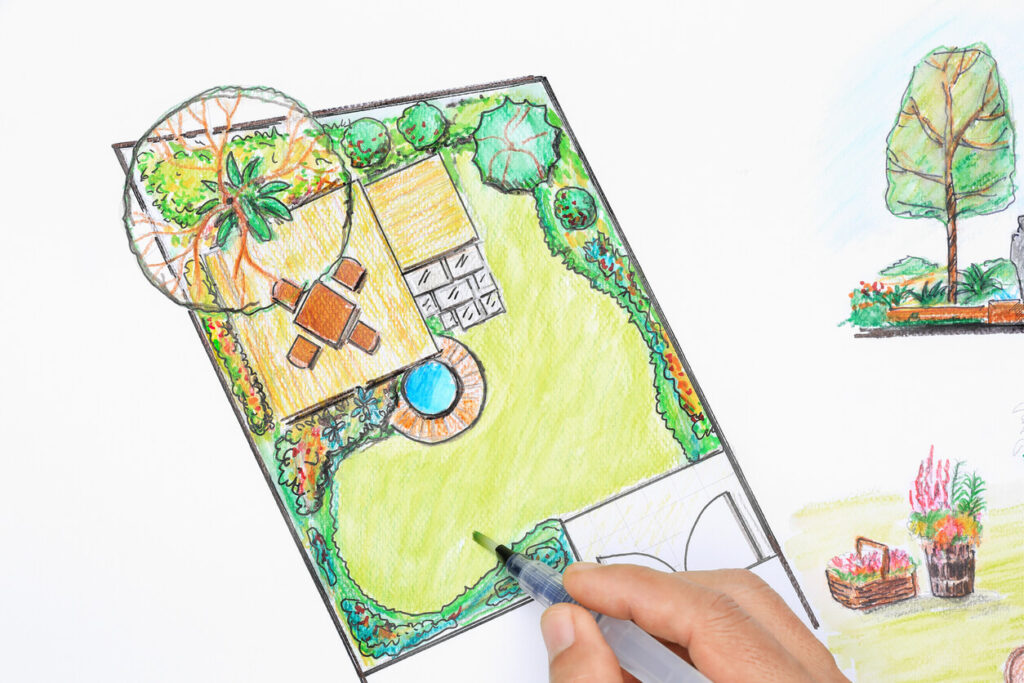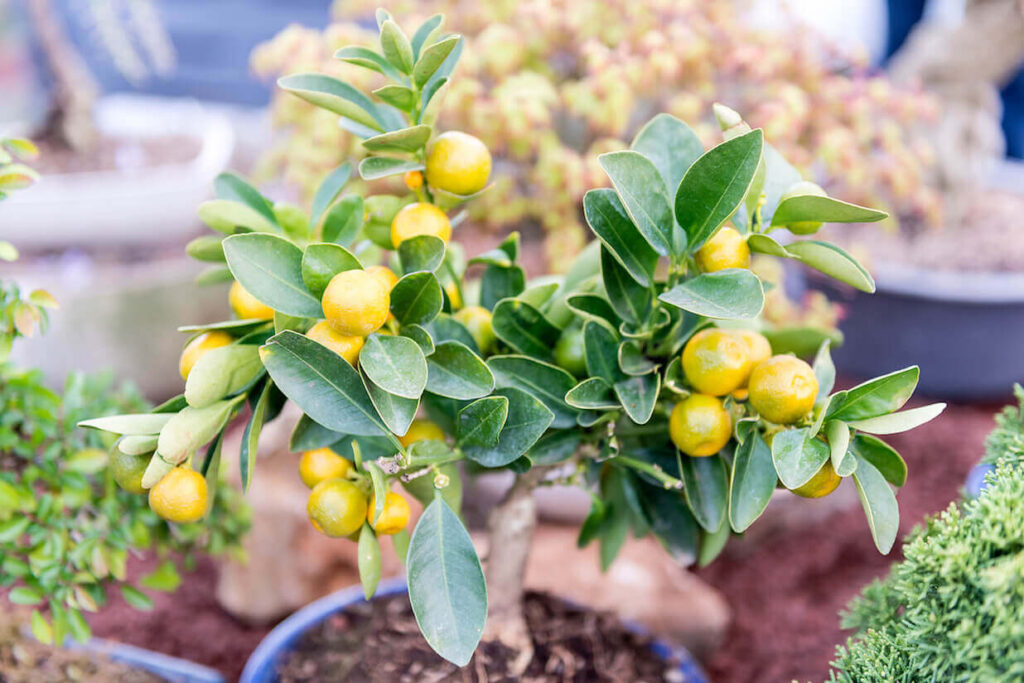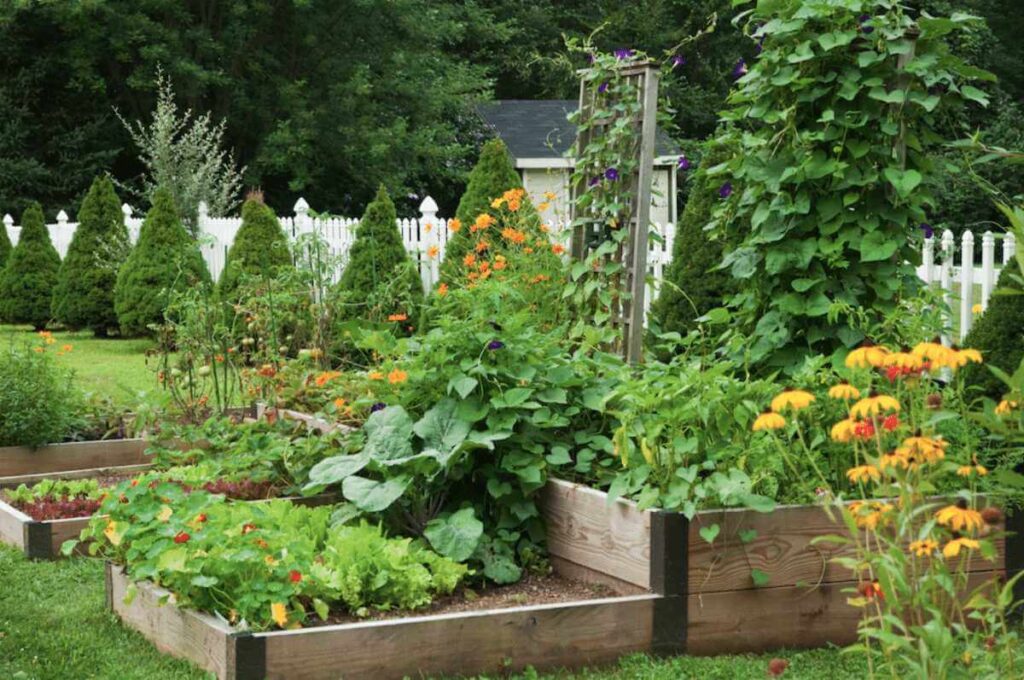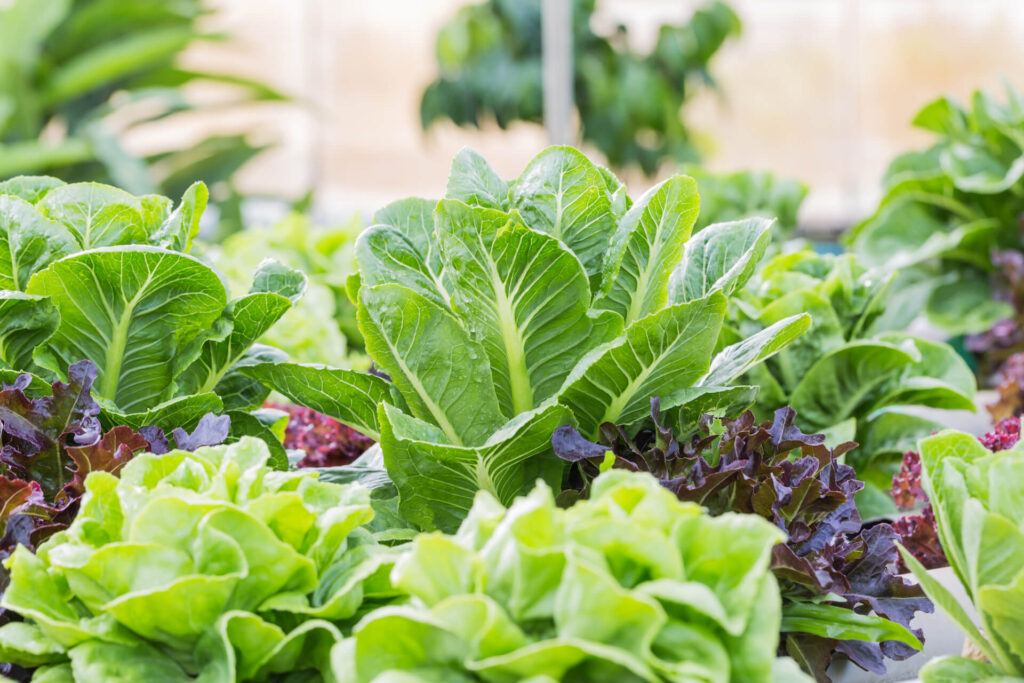You’re not vertically growing vegetables in your garden, and that’s a problem. Apart from being cool, vertical gardening is a smart choice as it reduces labor, makes harvesting more efficient, and maximizes available garden space. Even though it is beneficial for those with limited space, vertical gardening can also benefit other gardeners.
What Type of Vertical Structures Are You Allowed to Use?
Trellises or arbors are the most popular choices. They can be made from metal, wood, or welded ranch panels fencing. If you already have an open-work fence like a chain link, you can grow all kinds of twining and vining plants on it without purchasing anything new. There are many commercial vertical systems available, such as pocket gardens, aeroponic towers, and stacked containers, but don’t forget the fun DIY vertical gardening projects!
Top 7 Vegetables You Can Grow Vertically
Although almost any vegetable can be grown vertically, some vegetables naturally grow better vertically, such as the vegetables listed below.
- Cucumbers – Cucumbers can be grown in vertical structures with their long vines and fast-growing fruits.
- Pole beans – This vegetable is one of the easiest to grow vertically. They have a long harvest season and are usually very vigorous. Avoid buying “bush” beans — these plants are bushier and will not use vertical garden systems.
- Tomatoes – Most tomatoes are grown with cage supports. This prevents their leaves and fruit from lying on the ground and becoming vulnerable to pests and diseases.
- Squashes – Most squashes, melons, and pumpkins can grow vertically as long as they’re not too big. Plan to plant larger varieties like Jack-O-Lantern pumpkins on the ground to ensure they have enough space to grow.
- Sweet Potatoes – Vertically growing sweet potatoes saves space and makes it easier to weed the area. Plant your sweet potato slips in vertical tier gardens or crates. V
- Peppers – Vertically growing pepper vines can help reduce their weight and prevent them from dragging their vines down. You can also prevent this by staking your peppers.
- Malabar Spinach – This vining spinach, unlike other leafy greens, can withstand the summer heat and is a great climber.
